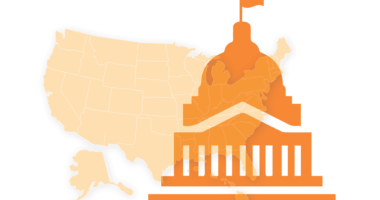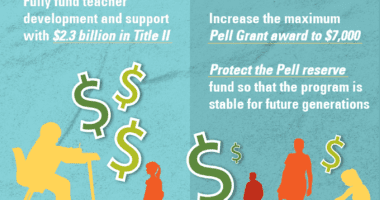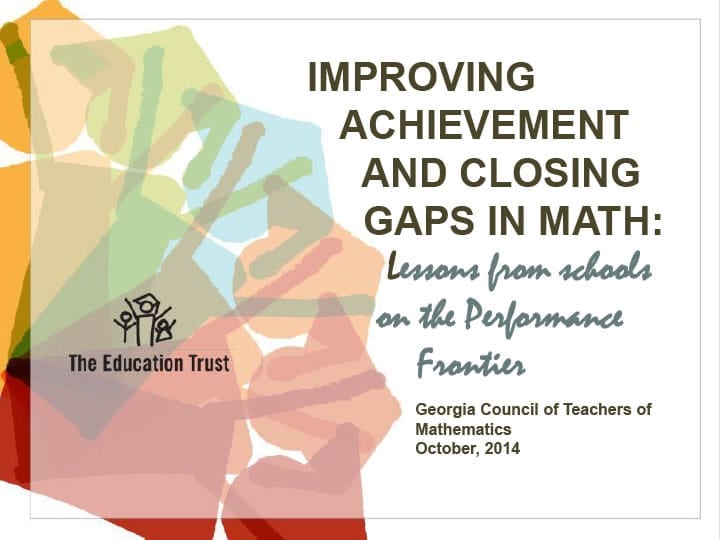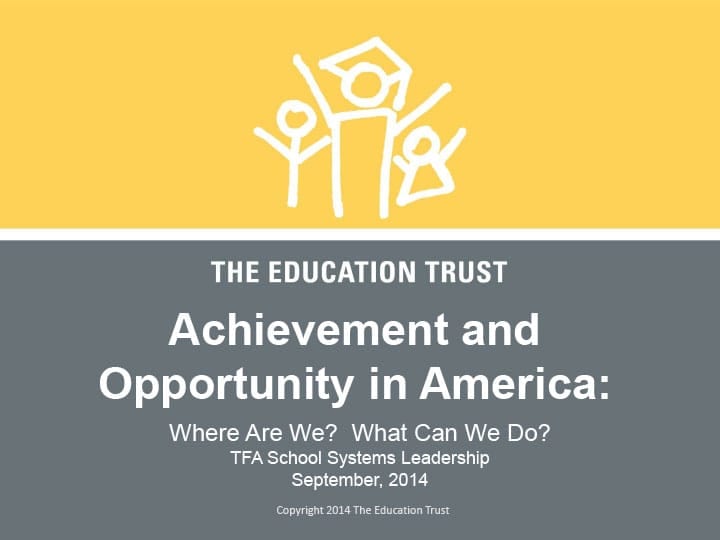Four Issues to Watch in the 2014 State Legislative Session
In recent years, we’ve seen a host of state-level education reforms and the 2014 legislative session — for many states — will be about defending those reforms. The Common Core State Standards kicked up plenty of debate in 2013, so we’ll continue to see states address issues (assessments and technology, to name two) surrounding the implementation of those standards. And early education has stayed on the radar since President Obama pushed for universal pre-K in his State of the Union last year. Some states have signed on to the concept of pre-K for all children, and others will too, but funding for these programs remains a hot-button issue. Beyond those, here are four education issues expected to dominate the hallways of state capitols this year:
- Fair Funding: A push from local districts and advocacy groups is forcing more states to confront how schools are funded within (and between) districts, so inequities (like this one in Kentucky) don’t exist.
- Early Literacy: In South Carolina, Gov. Nikki Haley plans to push for more reading reforms in schools, just as other states are questioning the importance of social promotion when third-graders can’t read at the same level as their peers. States like Mississippi, that have already passed laws that will prohibit third-graders from moving on if they aren’t proficient in reading, can be expected to strengthen, increase funding for, and in some places pause on implementation of these laws.
- Degree Options: As college costs continue to rise and social mobility continues to rely on advanced degrees, the pathways that students are taking to a college degree are also growing. Lawmakers in several states, including Illinois, have already proposed legislation that would address cost and quality issues related to Massive Open Online Courses.
- Teaching Quality: State legislatures, governors’ offices, and advocacy organizations will focus on ensuring all children have access to well-prepared teachers, from increasing the quality of teacher preparation programs to requirements for licensure and certification.
With gubernatorial races in 36 states and congressional races in 42 states, education is likely to stay in the spotlight. But will all these elections mean no bold action, or will they spur some candidate to want to make a name for herself with education as a platform? What else do you think will dominate the agenda this session?










